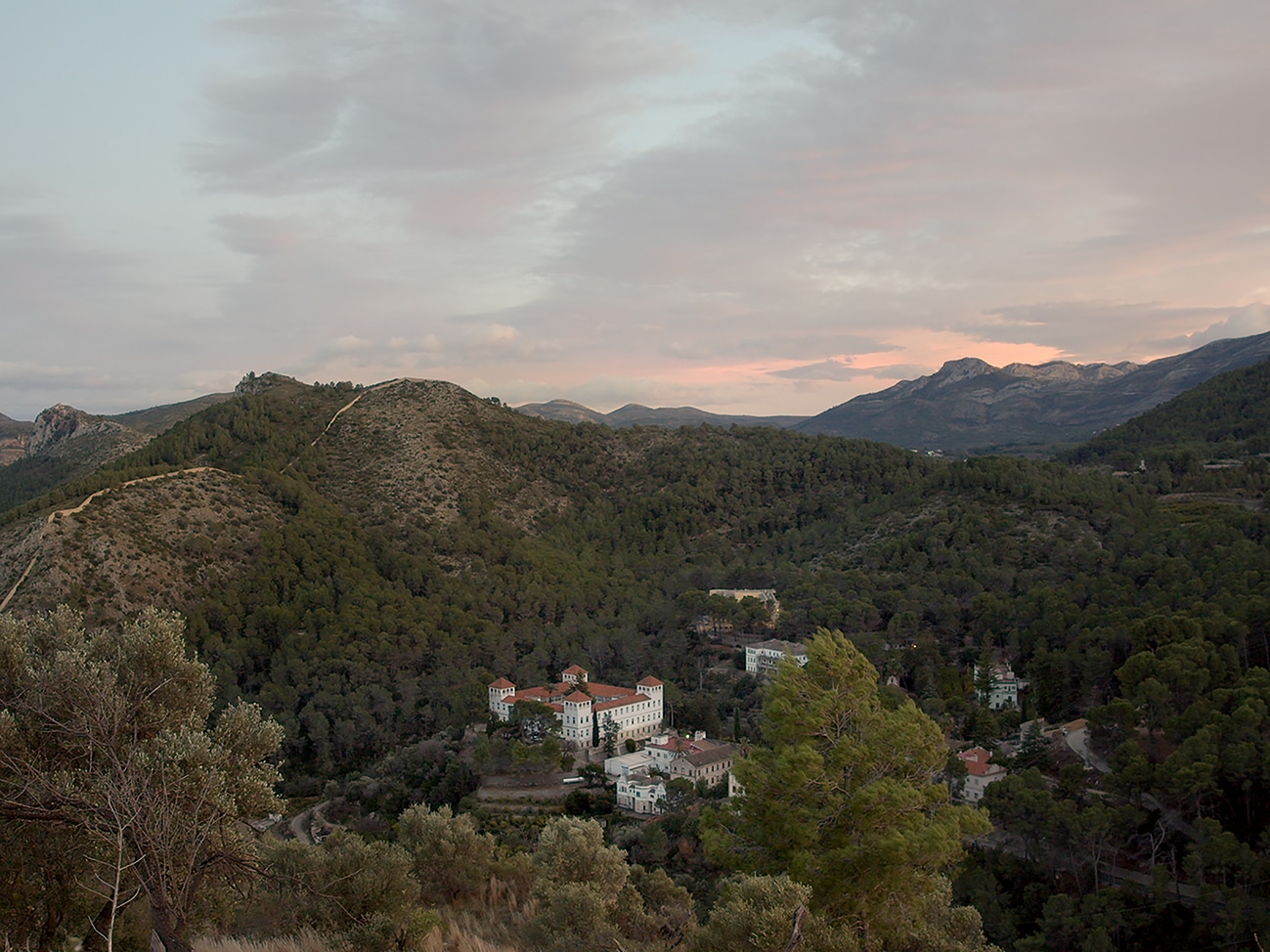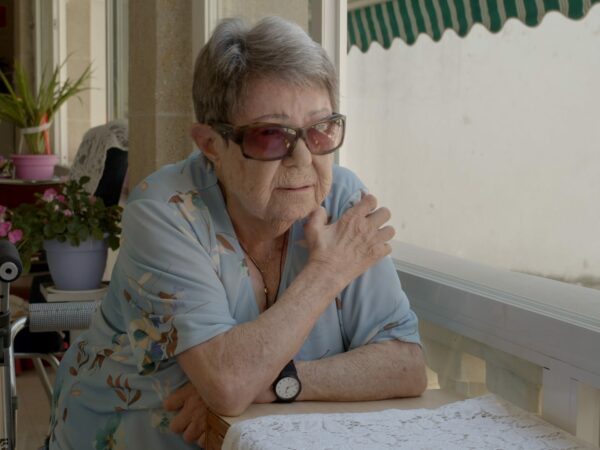




Dir: Callisto McNulty | Switzerland / France | 2025 | 65’World premiere:
Mariano is the happiest man in the world. At 76 he has nine grand children and four great grandchildren. The Fontilles sanatorium, deep in the countryside in south-Eastern Spain, has been his home for the past 45 years.
For over a hundred years The Fontilles sanatorium has been a sanctuary for those afflicted with leprosy. Separated from the ‘healthy’ outside world by an enormous wall, the hospital houses a dwindling collection of patients who are separated from the homes and families.
In her revealing new film Callisto McNulty makes direct contact with witnesses from past and present: the residents, workers, a Franciscan sister, neighbours, and the landscape. Together, they embody fragments of its memory and become storytellers of a vanishing world.
She meets Mariano, who despite his normal appearance, is considered a leper by medical diagnosis, and is not allowed to be discharged. Yet one of the misunderstood facts about leprosy is that you have to have the gene to be infected.
Although considered ‘bacteriologically negative’ another permanent resident Maria Carmen, 88, explains how she cannot contaminate anyone unless one of their relatives carries the gene and they inherit it. Now a widow, she has spent most of her life at The Fontilles. She patiently explains how her husband never caught the condition, despite intimate, simply because he didn’t have the gene.
We learn that the sanatorium first opened its doors in 1909. Part of the Fontilles Foundation, an organisation that works for the health of the most vulnerable and neglected, the institution played a fundamental role in the elimination of leprosy in Spain, an experience they have exported to other countries where the disease has not yet been eradicated.
Currently, the foundation provides healthcare to dependent elderly people, people with disabilities and the chronically ill through the Borja Geriatric Centre and the Ferrís Centre for Functional Diversity where Mariano and Maria Carmen now spend their lives surrounding by caring staff, birdsong and lush green forests. But their loved ones are nowhere to be seen.

A doctor explains how leprosy is a bacterial condition passed on through the genes affecting poor families with substandard living conditions. The contagious are then separated from their loved ones, further weakening their immune system as it gradually breaks down.
These live interludes are interwoven with narrated passages that focus on the social isolation of the sufferers, kept away from the village by a vast wall. The narrator describes an visit to the place back in 1915 when she came across a segregated group of people who were required by law to be wrapped in the characteristic white bandages that prevented contagion. Their lips were bleeding and hands deformed, but they were smiling and laughing. These narrated excerpts from the past and the live interviews with locals show how perception of the condition has now completely changed over with raised awareness of the disease and updated medical knowledge.
Enriched by beautiful images of the surrounding countryside this thoughtful and contemplative documentary is a welcome addition to this year’s Vision du Reel Film Festival 2025.
Visions du Réel 2025 / Burning Lights Competition | 2025